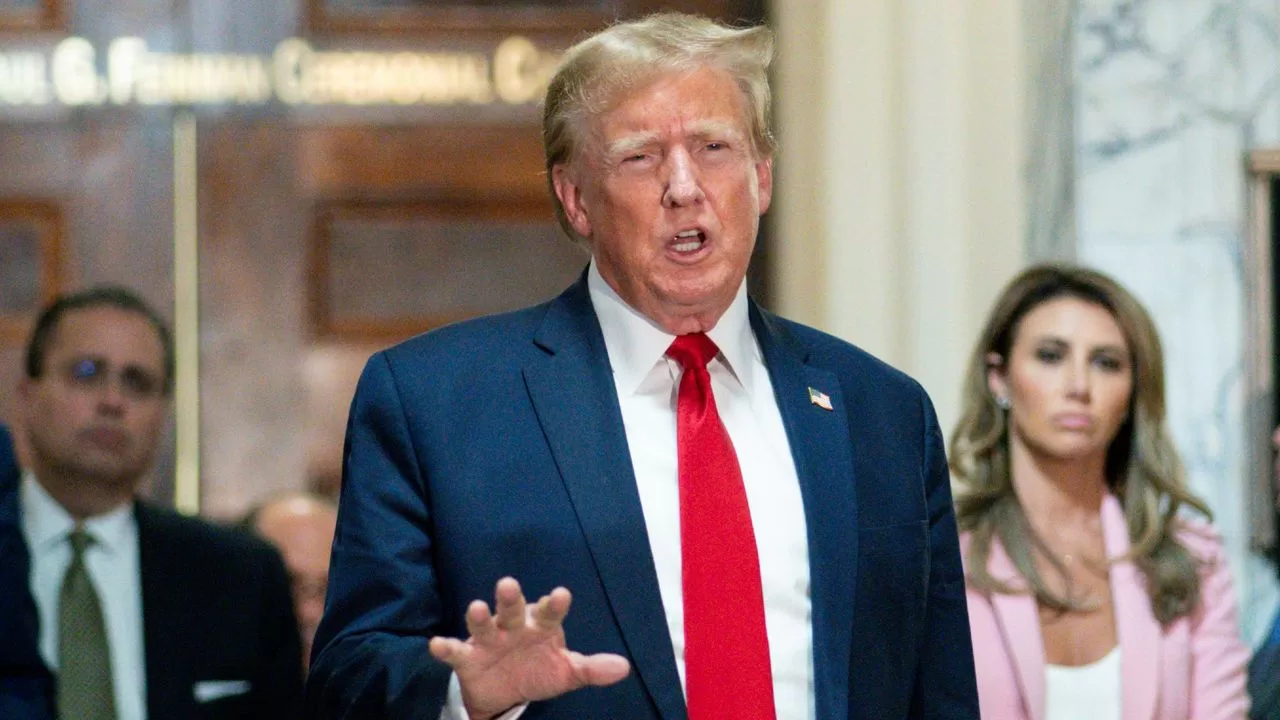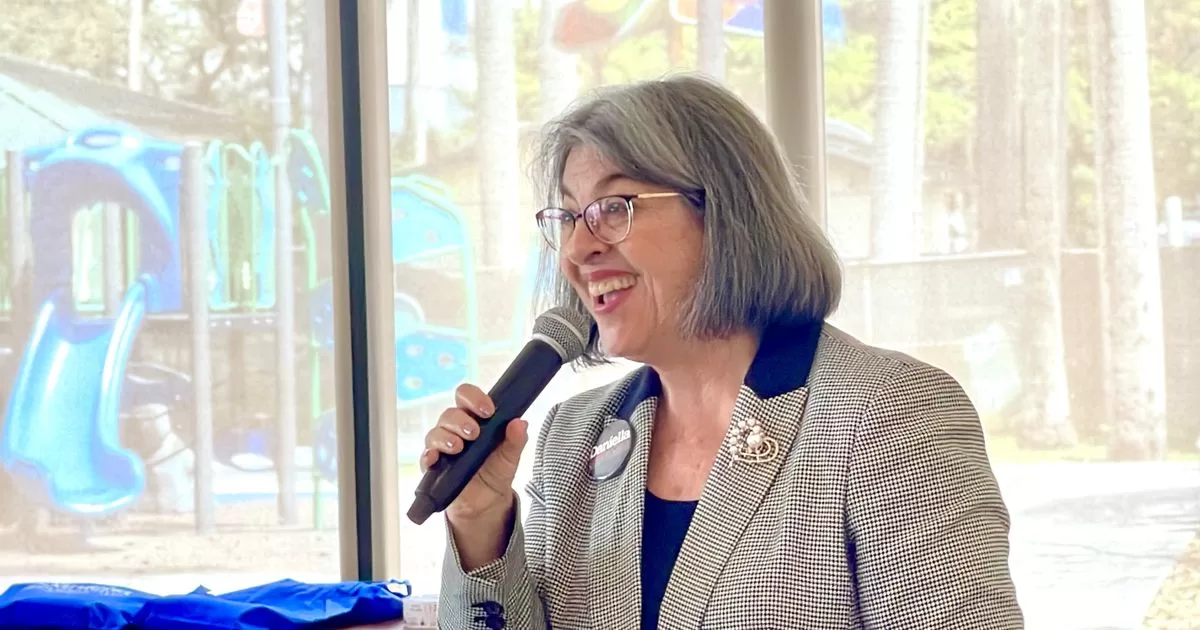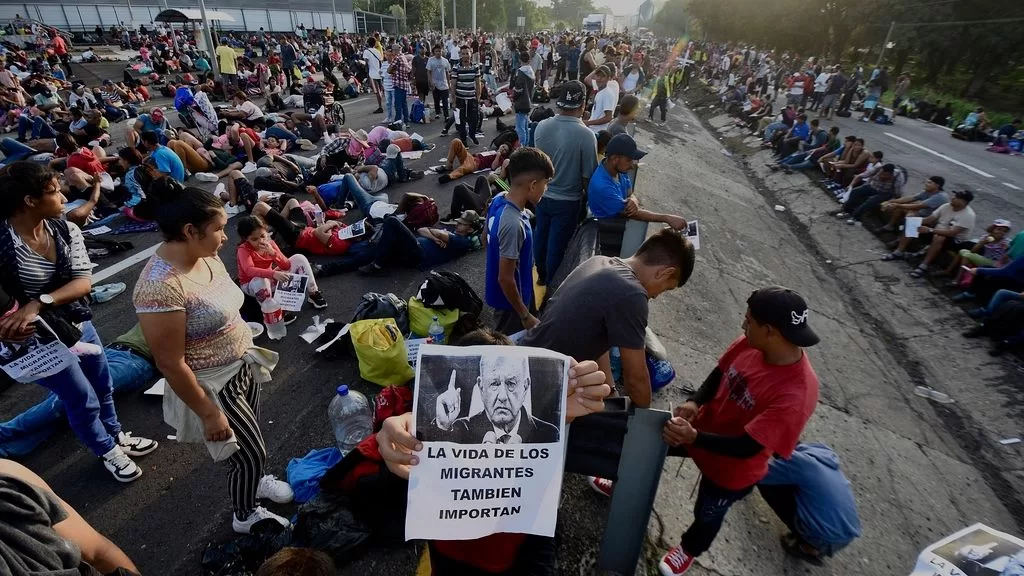The heads of the armies of the countries of the Economic Community of West African States (Cedeao) have set the exact day of a possible military intervention in Niger to restore constitutional order, although they have decided not to reveal the date. Despite this, the option of a diplomatic solution remains on the table. This was stated this Friday by the Commissioner for Political Affairs, Peace and Security of this regional organization, Abdel-Fatau Musah, after the two-day meeting of the Chiefs of Staff held in Accra (Ghana), in which defined the operational plan and the troops contributed by each country.
“We have decided on D-Day, but we are not going to reveal it,” Musah said after the meeting. “We are prepared to enter Niger at the moment the order is given (…) we are not going to maintain an endless dialogue and we are drawing a line in the sand. The coup in Niger is the straw that breaks the camel’s back”, added the Commissioner for Political Affairs, who also assured that “the objective is the restoration of constitutional order as quickly as possible”. However, ECOWAS keeps the door open to a possible negotiated exit. “There is still a chance for dialogue,” Musah said.
The military intervention plan and its deadlines must now be validated by the ECOWAS heads of state at a new summit, but there will no longer be new meetings of the chiefs of staff. “We have discussed potential humanitarian problems,” Abdel-Fatau Musah added, “but what is happening in Niger is part of a series of coups in the region that we want to end. Terrorist actions threaten in Mali, Burkina Faso and Niger. The military option is not our preferred option, but we are being forced by the intransigence of the Niger junta. Any intervention will be short-lived and will aim to restore constitutional order, ”he added.
The chiefs of staff of the ECOWAS countries have held talks for two days in Accra, the capital of Ghana, to advance an operational plan for military intervention in Niger in the event that attempts to negotiate with the military junta fail. Ten of the 15 countries in this regional bloc have shown their willingness to contribute troops, as reported by Abdel-Fatau Musah on Thursday, although there is no consensus within the African Union and several countries on the continent, such as Algeria and Chad, have expressed its rejection of this option. The Nigerian military junta has deployed troops on the border with Benin and Nigeria, according to sources close to the Niger Army.
The President of Nigeria and of ECOWAS itself, Bola Tinubu, informed the President of the European Council, Charles Michel, in a telephone conversation on Thursday about the degradation of the detention conditions of the ousted President of Niger, Mohamed Bazoum, at the hands of the military junta since the coup d’état of July 26. Likewise, he warned him that “any further deterioration of his condition will have serious consequences,” a Brussels spokeswoman reported on Friday. The military junta threatened to try Bazoum for high treason and even to execute him in the event of a military intervention that ECOWAS already has outlined.
President Bazoum is being held with his wife, Hadja Hadiza, and their 22-year-old son Salem, in a few rooms in the presidential palace. Since August 2, they have had no electricity and only eat pasta and rice, according to Zazia, the president’s daughter who was traveling in France when the coup occurred, to the newspaper Guardian. His brother Salem suffers from heart disease, according to what the president himself told Human Rights Watch, who, despite the difficult conditions in which he finds himself, has been able to maintain communication with certain very specific people abroad, including his own daughter of him
Join EL PAÍS to follow all the news and read without limits.
subscribe
The safety and state of health of President Bazoum and his family have become a true red line for the ECOWAS heads of state, according to an African diplomatic source. “If something were to happen to him, let no one doubt that he would act with the utmost forcefulness against the coup plotters. We cannot allow such a serious precedent to be set in the region,” he said.
For its part, the European Union maintains its “total support” for ECOWAS and its decisions regarding the coup in Niger. This was assured by the President of the European Council, Charles Michel, to Bola Tinubu during the aforementioned telephone conversation, in which the European leader considered that the decision to send a negotiation mission to Niamey, the capital of Niger, this weekend of ECOWAS, if it comes to fruition, will be an “important first step (…) towards a de-escalation and the restoration of democratic order” in Niger. Michel reiterated “his firm condemnation of the unacceptable coup in Niger,” a spokeswoman said on Friday. President Mohamed Bazoum, recalled the Belgian, “was democratically elected and remains the legitimate head of state in Niger”, and the EU does not recognize “and will not recognize the authorities that emerged from the coup” Niger, said the Brussels spokeswoman.
On the other hand, the Nigerien Party for Democracy and Socialism (PNDS), of deposed President Bazoum, has denounced through a statement that, during the night of this Thursday, people close to the coup military carried out numerous illegal searches and robberies in the homes of leaders and members of that party, which he describes as “totalitarian drift” that aims to intimidate citizens. In addition to Bazoum, the military junta also retains Foumakoye Gado, president of the PNDS, and several ministers and deputies.
After more than two weeks of silence, Mahamadou Issoufou, former president of Niger, has broken his silence in an interview with the magazine jeune africa in which he demands the immediate release of Bazoum and his return to power. The alleged proximity between Issoufou and General Tchiani, leader of the coup, had sparked an intense debate in Niger, but the former president has denied his involvement in the military coup. Likewise, he has confirmed that he has played a mediation role and that he still believes that it is possible to find a negotiated solution.
Follow all the international information on Facebook and Twitteror in our weekly newsletter.
Subscribe to continue reading
Read without limits







